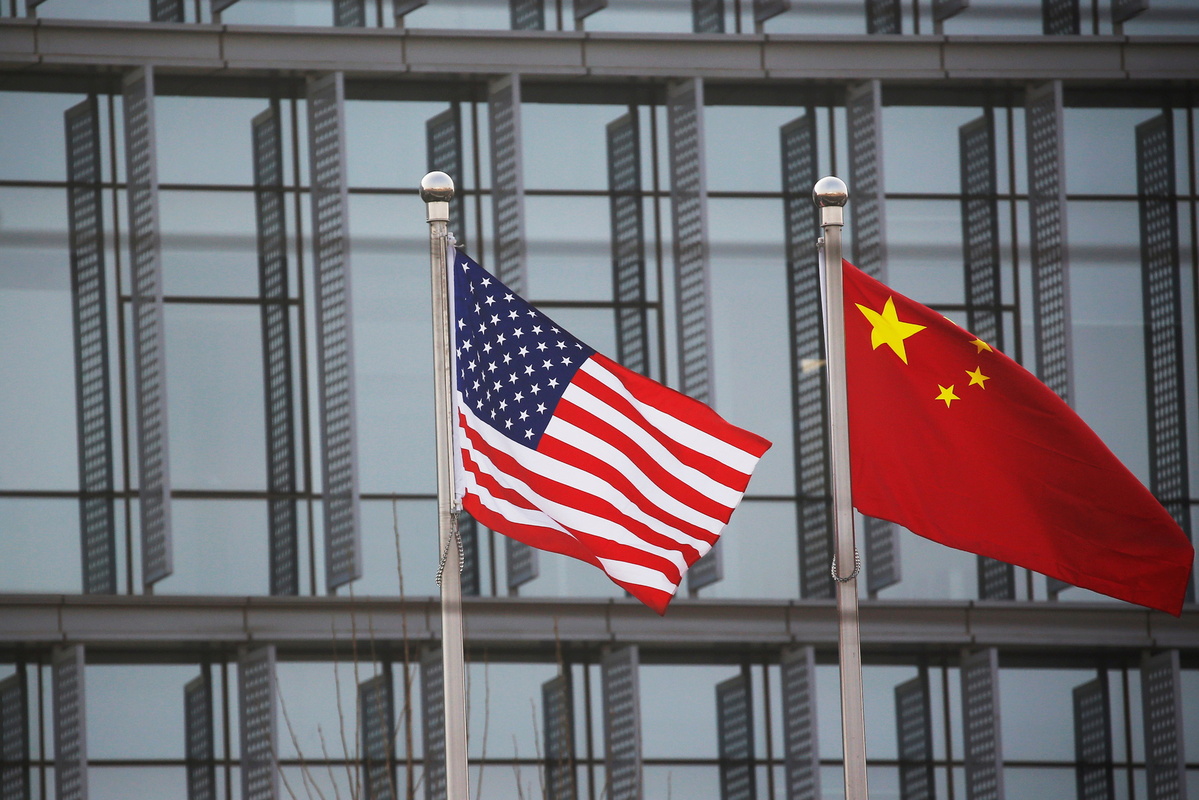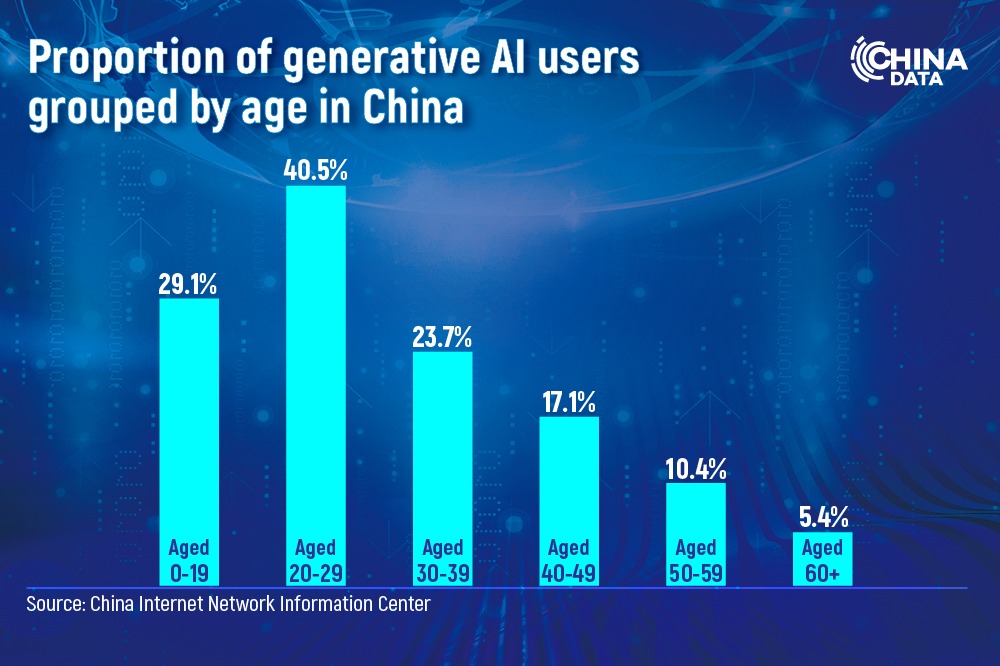Concerns expressed on US chip curbs


Commerce Minister Wang Wentao voiced serious concerns on Thursday about the restrictions placed by the United States on the export of lithography machines used in chipmaking to China through third-party channels.
Wang also expressed concerns about US probes into the supply chain of chips produced using mature process technologies, as well as its sanctions imposed on Chinese businesses, during a telephone conversation with US Commerce Secretary Gina Raimondo, the ministry said in a statement.
Both countries should leverage the positive role of communication and exchange mechanisms between their commerce departments to foster enabling conditions for business cooperation, Wang said during their in-depth and pragmatic discussions on economic and trade issues, according to the statement.
Days before the talks, Dutch semiconductor equipment company ASML canceled shipments of three top-of-the-line chipmaking machines to China after pressure from the administration of US President Joe Biden.
The company said in an announcement on Jan 1 that the Dutch government had partially revoked an export license for the shipment of some of its chipmaking equipment to China.
“In recent discussions with the US government, ASML has obtained further clarification of the scope and impact of the US export control regulations,” the company added without elaborating.
According to ASML’s latest financial data, the Chinese mainland accounted for 46 percent of its total revenue during the third quarter of last year, compared with 24 percent in the second quarter and 8 percent in the first quarter.
Commerce Ministry spokeswoman Shu Jueting also conveyed deep concerns and strong opposition on Thursday to the direct intervention by the US in disrupting the export of photolithography machines, which are used to mass-produce chips, from Dutch companies to China.
The US has been weaponizing export controls and using them as a tool, extending its interference beyond its own borders and affecting the normal trade between companies of other countries, Shu said at a news conference in Beijing.
Last year, the US government announced new rules giving Washington the right to restrict the export of ASML’s Twinscan NXT1930Di machine if it contains any US parts.
Amid US government export restrictions, the Dutch government tightened export controls on China last year, restricting deep ultraviolet lithography machines, the second most advanced product line that ASML offers, starting on Jan 1.
The unilateral and protectionist US measures, which undermine the principles of free trade and damage the stability of the international market, will pose challenges to China’s efforts to achieve self-reliance in this strategic sector and, more importantly, will hinder global technological progress and cooperation, said Gu Wenjun, chief analyst of ICwise, a Shanghai-based semiconductor market research company.
Shu, the Commerce Ministry spokeswoman, said the Dutch government should uphold the spirit of contracts and support companies in conducting compliant trade, emphasizing the need for a free, open, fair and nondiscriminatory international trade environment.
The Chinese government will keep abreast of market dynamics and the impact of these interference measures, and will take necessary measures to firmly defend the legitimate rights and interests of Chinese enterprises, Shu added.
Cheng Yu contributed to this story.




































